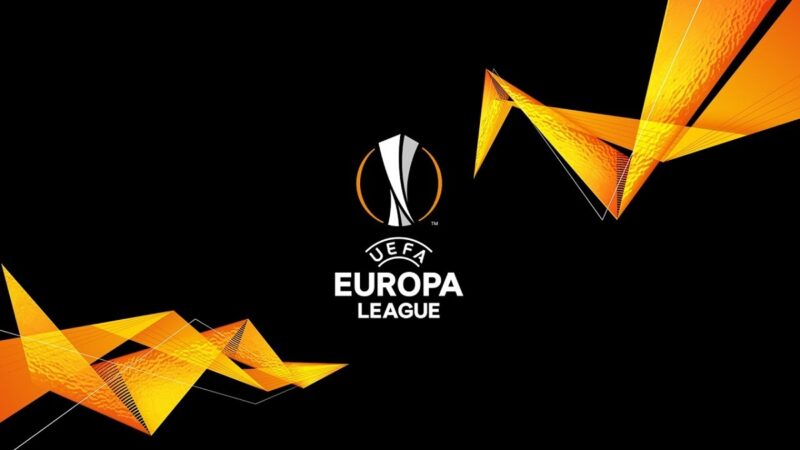Investing in Sports Collectables: What Every Collector Should Consider

Collecting sports memorabilia has grown into a popular and profitable hobby. Sports collectables, from trading cards to autographed equipment, not only hold sentimental value but can also be significant investment opportunities. However, like any investment, understanding what you are buying and the factors that influence its value is essential. For anyone looking to invest in sports collectables, being informed can make the difference between a worthwhile purchase and a disappointing investment.
Understanding the Value of Sports Collectables
The first step in investing in sports collectables is understanding what gives them value. Several factors contribute to a collectible’s worth, including rarity, condition, authenticity, and historical significance. Limited edition items or memorabilia linked to legendary athletes often hold higher value. Condition is equally crucial; even minor damage can drastically reduce a collectible’s market price. Collectors should also prioritize items with verified authenticity, as forged or misrepresented items can lead to significant losses.
Researching the Market Trends
Sports collectables are influenced by trends in the sports world and the broader collectibles market. Popular players, championship wins, or major sports events can spike interest in specific items. Before investing, research current market trends, including which types of collectables are in high demand. Following auctions, online marketplaces, and collector forums can provide insight into pricing patterns and emerging trends. Knowledge of the market ensures that investments are timely and have a better chance of appreciating in value.
Focusing on Quality and Authenticity
One of the most important considerations when investing in sports collectables is ensuring quality and authenticity. Genuine items, especially autographed merchandise, should come with certificates of authenticity or verification from reputable sources. Collectors should be cautious of items that seem too inexpensive compared to market standards, as they may be counterfeit. High-quality items not only retain value better but are also easier to resell in the future, making authenticity an essential part of any investment strategy.
Considering Long-Term Potential
Sports collectables are often best seen as long-term investments. Values can fluctuate over time depending on athlete performance, market trends, and economic factors. Collectors should evaluate the potential for long-term appreciation before making a purchase. Classic memorabilia, vintage cards, or items connected to sports legends typically have more stable long-term value than newly released items tied to short-term trends. Patience and foresight are critical for maximizing the financial benefits of sports collectibles.
Storing and Preserving Your Collectables
Proper storage and preservation are crucial for maintaining the value of sports collectables. Cards, jerseys, and other items can deteriorate if exposed to moisture, sunlight, or extreme temperatures. Using protective cases, climate-controlled storage, and careful handling ensures items remain in top condition. Collectors who neglect storage risk devaluing their investments over time, as even minor wear and tear can affect the resale price significantly.
Diversifying Your Collection
As with other types of investments, diversification can help reduce risk. Rather than focusing solely on one player or type of memorabilia, consider building a varied collection. This might include trading cards, autographed balls, jerseys, or limited edition merchandise from different sports and eras. Diversification allows collectors to spread risk and increases the likelihood that some items will appreciate in value, even if others do not perform as expected.
Working with Trusted Dealers
When investing in sports collectables, working with reputable dealers or auction houses can provide additional security. Trusted dealers have experience evaluating items, verifying authenticity, and pricing collectibles fairly. They can also provide access to rare items that might not be available to casual collectors. Building relationships with professionals in the collectibles market can offer valuable guidance and reduce the risk of purchasing fraudulent or overvalued items.
Conclusion
Investing in sports collectables can be both exciting and profitable if approached with care and knowledge. Understanding the factors that influence value, staying informed about market trends, ensuring authenticity, and preserving items properly are all essential considerations for collectors. By taking a thoughtful approach and planning for the long term, investors can enjoy the thrill of collecting while making sound financial decisions. Sports collectables are more than just memorabilia; they represent a unique combination of passion, history, and potential investment growth.
![]()






